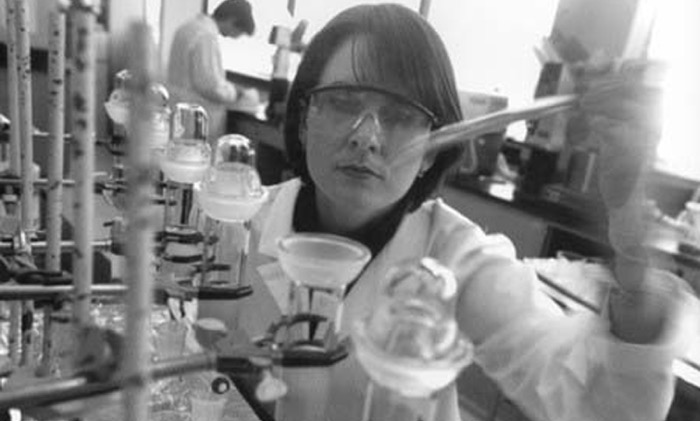You are here
HEI's Research and Review Processes

In a nutshell:
The Research Committee develops requests for applications, selects studies for funding, and provides oversight and feedback while studies are ongoing
The Review Committee evaluates final reports after a study has been completed and writes a commentary to highlight its strengths and weaknesses
HEI publishes the report and commentary and makes it freely available to the public
How does HEI work? HEI is dedicated to producing first-rate science from defining the goals through reviewing the results. The projects that HEI funds either provide scientific information of direct and immediate regulatory relevance, or pave the way for developing such information. HEI’s research program is guided by a five-year Strategic Plan, developed with input from HEI sponsors (a partnership of government and industry), governmental and non-governmental organizations, and the scientific community. Sponsors are not, however, involved in selecting, overseeing, or evaluating research funded by HEI.
Expert Committees. Two independent committees, the Research Committee and the Review Committee, work in an environment uniquely structured to foster the necessary separation between selecting and overseeing research on the one hand and critically reviewing results on the other. This separation permits HEI to fund and guide research, as well as to provide credible peer review of, and comments on, that same research. A scientific staff works with the committees to conduct the Institute's business.
Research process. The Research Committee is responsible for defining, implementing, and overseeing the Institute's research program. The Research Committee consults with HEI's sponsors and other interested parties to determine research priorities and to develop the HEI Strategic Plan. Once the Research Committee has defined an area of inquiry, the Institute issues a request for applications to announce broadly to the scientific community that research applications are being solicited. Applications are first reviewed for scientific quality by an ad hoc panel, and then reviewed by the committee to evaluate scientific merit and to develop an integrated research program. Studies recommended by the Research Committee undergo final evaluation by the Board of Directors, which also reviews the procedures, independence, and quality of the selection process.
HEI's research program is more than a set of good individual research projects. By working with the principal investigators, the Research Committee and staff help to build a coordinated program of related studies designed to provide more comprehensive answers to questions of regulatory significance than would be possible with independent studies. During the course of each study, HEI monitors progress by means of periodic reports, workshops, presentations at the Institute's Annual Conference, and site visits. When a study is completed and the investigator submits a final report, the Research Committee's involvement with the study ceases.
Errata. HEI’s policy on correcting errors in its published reports is as follows: (1) Minor corrections. A corrected PDF is posted on the HEI website with the date of revision. (2) Substantive corrections. A corrected PDF is posted on the HEI website with the date of revision. In addition, a separate Errata page is posted with the report and inserted in printed copies for distribution.
Review process. The Review Committee is not involved in the selection and oversight of HEI studies; it conducts a critical, in-depth evaluation of every HEI-funded study once the study has been completed. The Review Committee assesses the scientific quality of each Investigator's Report and evaluate the study's contribution to unresolved scientific questions. HEI communicates the complete findings (both positive and negative) of the studies it funds in Research Reports, which consist of one or more related Investigators' Reports and the HEI Review Committee's Commentary on those reports. The Commentary discusses the strengths and limitations of the studies and sets the findings into scientific and regulatory context. With each Report, the Institute also publishes a Statement, written for nonscientists, that summarizes the scientific background and rationale for funding the study, the investigator's approach and methods, the key findings, and the Committee's interpretation of the study.
Conflict of Interest. A robust policy on disclosure and management of relevant affiliations and relationships, and of financial interests, is essential for a scientific organization such as the Health Effects Institute. HEI has set out policies for disclosure of such ‘conflicts’ – whether actual or perceived, financial or otherwise – and the management and use of this information in inviting peer-reviewers and advisors, forming committees, and crafting appropriate roles for committees and their members. Read more..


